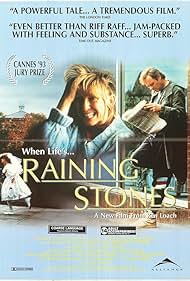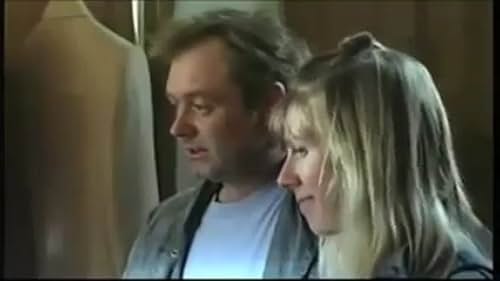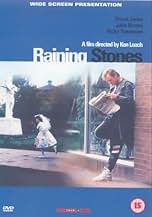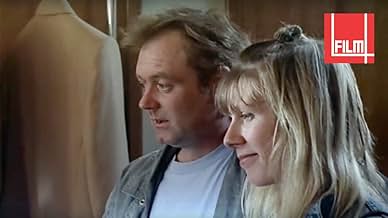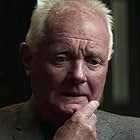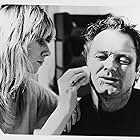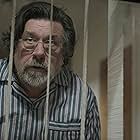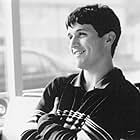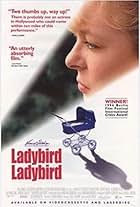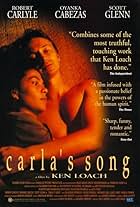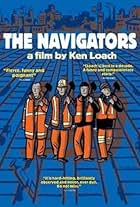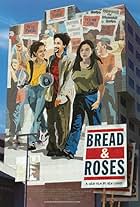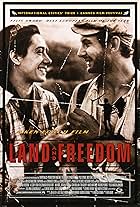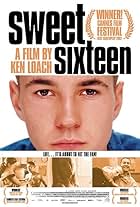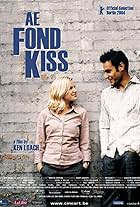Like many, I often found the accents hard to decipher. But I think it speaks to Loach's formidable talent that it's never really in question as to what's happening: we get the story in visible strokes, and we get the emotional feeling in the most minute, detailed way possible. To use a clichéd phrase, it has the drama of life, and Loach has a loving touch, even though the outer view of his work is rough and hard: he doesn't separate the funny bits from the painful bits, he lets it all run together. And despite the fact that some find him an "uncinematic" director, I think that's mostly baloney. No, he doesn't impress with his visuals, but that doesn't mean that they're uncinematic; he's working in a way that's more interested in recording emotions (and he still tells a story) and that is cinematic.
The film espouses a wonderful philosophy -- love and prayer is enough. Yet while the film is sympathetic to the emphasis the family places on communion (getting into Heaven), at times it feels like a condemnation of Catholic greed and pie-in-the-sky fantasies of those relying on God to solve their earthly troubles -- after all, He doesn't buy communion dresses. I think that's why the film works so well. It never spells out how intelligent it is, because that's not Loach's intention. Yet what he does is incredibly smart. (Likewise, you can see the politics behind the film, and that's why they work, too: they're behind it, not in your face.) The ending might seem a little too cheery (though cheery is perhaps the wrong word), but I think it works in the tradition of great humanism: things WILL be alright in the end, if you just believe. And because it's humanism, it's true: everything else might be awful, but you're alive, you have a family, you're fighting to go on: that's wonderful.
Loach makes a brilliant choice with the car crash, because it solves something and yet it makes the moral universe of the film more complex: Is he scott free now? Who is the bad guy here? And Loach of course includes the most pragmatic priest in the movies -- pray for the worthless soul as any good Christian would, but realize that he who causes fear in the hearts of good people is not a life worth wrecking yours over. Consider the car crash an act of God (which indirectly benefits God, by supporting a family of followers), rewarding he who believes yet still exists in the practical world trying to make things work (he who doesn't just lay around waiting for God to save him). THIS is Catholic cinema. I'm agnostic, and this touched my soul. It gets at the roots of what real religion does, or is supposed to do: heal, protect, love -- not preach, frighten, or intimidate. So I think even though he opts for a "faith" film (that is, he does not offer a text book on how to solve your problems), Loach's "realism" and pragmatic philosophy still suggests that the everyday is important -- keep at it. It's what leads to the faith, it's what's needed for the faith to work. 9/10
